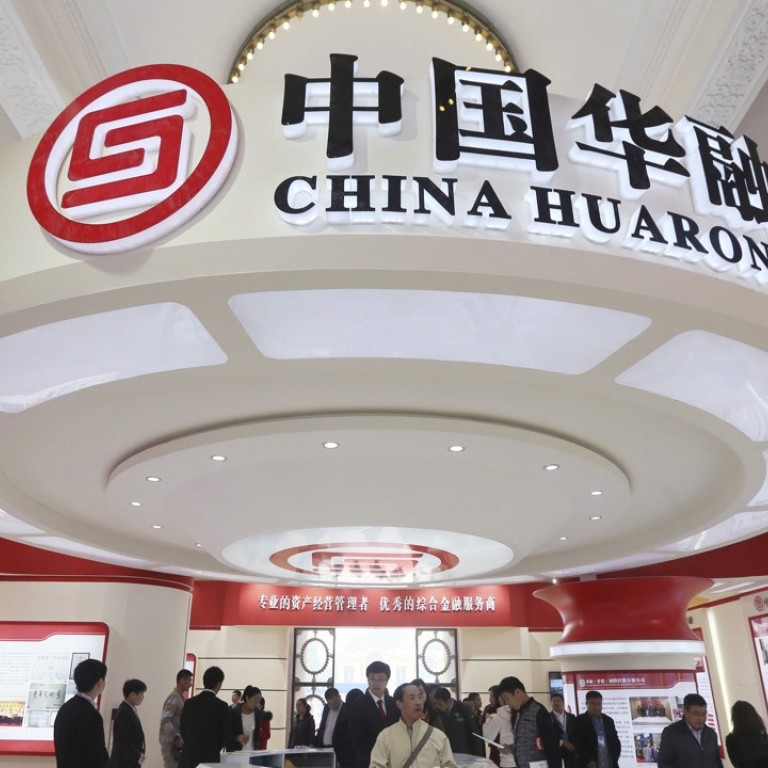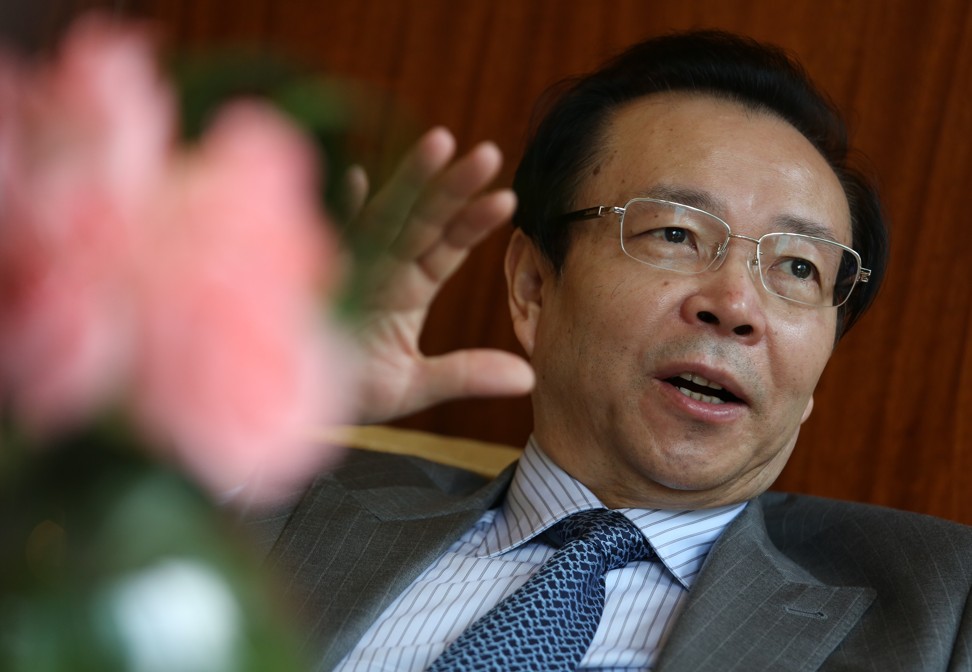
Huarong orders staff to divulge offshore ties as it braces for regulatory probes into operations
China Huarong Asset Management, the biggest Chinese state-owned manager of distressed assets, has stepped up the scrutiny of its employees’ offshore connections on concern some of them may flee the country, following last month’s detention of its former chairman for corruption investigations.
Beijing-based Huarong ordered employees to divulge their residency and emigration status, including those of their immediate families and “other relatives,” two executives said on condition of anonymity. Even retired former employees must report to Huarong if their family members have lived abroad for longer than a year, they said.
Spokespeople at the company could not be reached for comment. The instructions were reported earlier by the China Business Journal, without disclosing the source of its information.

The company, established in 1999 to manage the distressed assets belonging to the Industrial & Commercial Bank of China (ICBC), is state-owned, and its employees are essentially members of China’s public service.
Last month, former chairman Lai Xiaoming was taken away by the Communist Party’s discipline authority for investigations into possible corruption. Charges have not been formally made against Lai.
As Huarong’s chairman from 2012 until his dismissal, Lai’s appointment was mandated by the Chinese bank regulator. During Lai’s tenure, Huarong expanded to become China’s biggest distressed asset manager, with 1.4 trillion yuan of 2017 assets, listing its shares in Hong Kong in 2015 and more than doubling its revenues.
The company has been active in funding some of China’s biggest corporate borrowers, even including companies that had incurred the wrath and scrutiny of Chinese regulators, according to a client list obtained by the South China Morning Post.
Five of Huarong’s 18 biggest clients were among China’s largest corporate borrowers. These include HNA Group, the energy and financial conglomerate CEFC China Group, Huishan Dairy, Hanergy Thin Film Power Group, and Dandong Port Group, according to the list.
The line-up also shows how Huarong, a non-bank institution, but backed by state credit and varied financial service licences, have stepped into provide funding when stringent lending guidelines fail.
All that is about to change, as the Chinese banking regulator’s Guangdong head Wang Zhanfeng took over as acting chairman and Communist Party chief in mid-May, with instructions for staff to correct the aggressiveness of his predecessor.
Shares of the company have plunged 13 per cent since Lai, 55, was taken away for investigations, declining as much as 0.4 per cent in Monday trading to HK$2.77.

